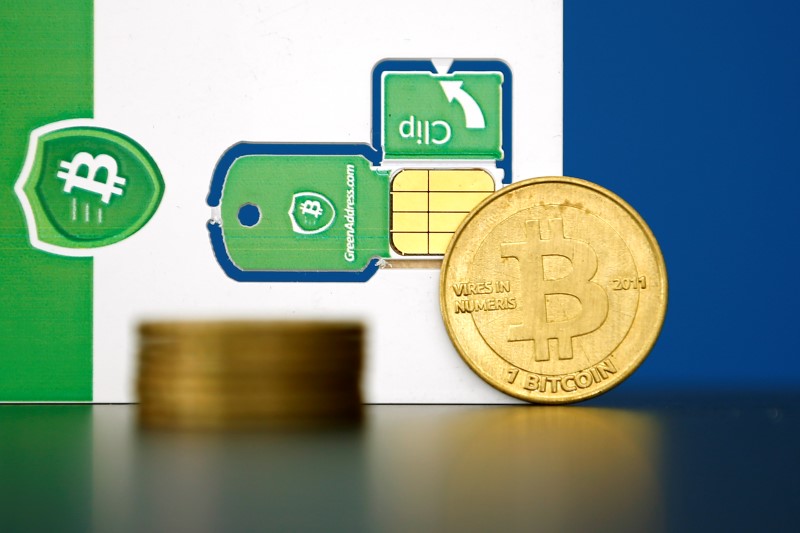Coin Edition -
- Trump’s proposal to eliminate crypto taxes aims to boost American digital asset adoption.
- Tax-free transactions for Bitcoin and XRP could spur innovation in U.S. crypto markets.
- Shifting to tariffs on foreign crypto may enhance the competitiveness of U.S. assets.
Former President Donald Trump has sparked fresh debate with his proposal to eliminate capital gains taxes on American-made cryptocurrencies. Trump argues that removing taxes on U.S.-based digital assets like Bitcoin and XRP could boost their everyday use by easing tax burdens on simple transactions.
Related: Hong Kong to License All Crypto Exchanges by Year-End
This proposal has stirred up a back-and-forth on the role of digital assets in the U.S. economy, with some seeing it as a way to encourage the use of cryptocurrencies without the tax complications that often deter smaller, daily purchases.
https://twitter.com/saylor/status/1851637451334308219?s=19
The Case Against Capital Gains Taxes on Crypto
Trump believes the current tax structure around cryptocurrency transactions is unfair. He pointed out that when Americans use Bitcoin to buy everyday items—such as a cup of coffee—they face capital gains tax if the Bitcoin’s value has risen since purchase. This requirement turns routine transactions into taxable events, which he argues disincentivizes the use of cryptocurrencies like Bitcoin in everyday commerce.
Trump has further suggested that Bitcoin should be treated as currency in these instances, exempting it from additional taxes. To support his case, he shared an anecdote about a friend who also believes that digital currencies should remain untaxed.
Related: Crypto Tax Comparison: Japan vs. United States
Instead of taxing U.S. crypto, Trump proposes tariffs on foreign crypto assets, which would place a tax on digital assets from outside the United States, promoting domestic cryptocurrency innovation and discouraging reliance on foreign tokens.
Encouraging Innovation in American Cryptocurrency
Trump’s tax proposal prioritizes American-made crypto assets like Bitcoin and XRP. Under his plan, transactions involving these U.S.-based cryptocurrencies would be tax-free, which he believes could attract more Americans to invest in and use them. The potential tax exemption would make Bitcoin and XRP more attractive compared to foreign assets such as Ethereum, which would still be taxed.
In addition to favoring domestic digital assets, Trump argues that tax incentives would drive growth and innovation within the U.S. cryptocurrency sector. By reducing the tax burden on U.S. crypto, he aims to foster an environment where new digital assets can emerge, potentially making the U.S. a leader in cryptocurrency development and use.
The post Tax-Free Bitcoin? Trump’s Cryptocurrency Proposal Explained appeared first on Coin Edition.
